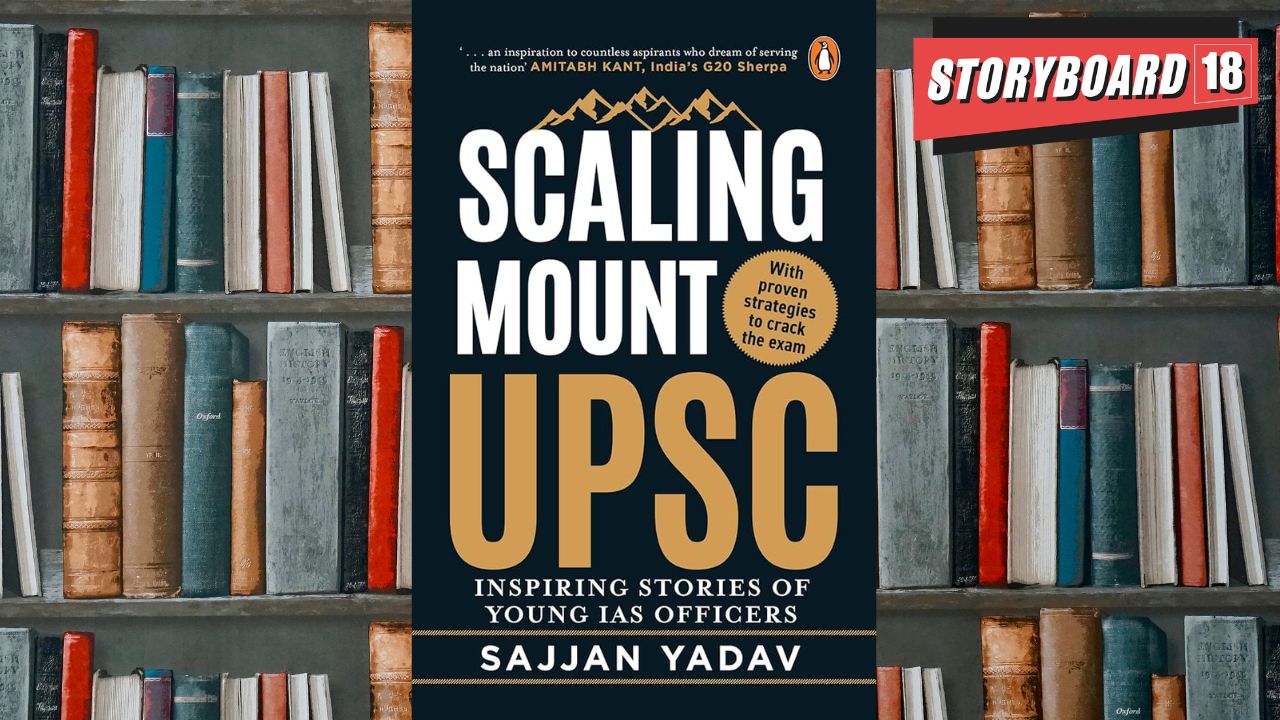Ahead of 21st April, National Civil Services Day, which commemorates the day when the first Home Minister of Independent India, Sardar Vallabhbhai Patel addressed the probationers of Administrative Services Officers in 1947 we review ‘Scaling Mount UPSC.’ The book is written by Sajjan Yadav, Additional Secretary, Department of Expenditure, MoF.
To become an IAS officer, the pre-requisite is to crack one of the world’s most competitive and arduous exams! Almost a million people attempt this in three stages: the prelims, the mains, and the interviews where as the success rate is less than one percent. This coveted position is a road in to the governance system of the country. The IAS have famously been considered the framework of Indian governance. Sajjan Yadav recounts not only his own story but highlights unique journeys of seven aspirants who made it.
Our five Bookstrapping insights, from a conversation with Sajjan Yadav are as follows:
1. The range of UPSC success stories include; a visually impaired girl, the son of a beekeeper from Kashmir, an economically challenged 21 year old who had just got rejected by both IIT and NDA, a mother of a 2 year old, the ward of a servant to an IAS officer and lastly, a privileged US based IITian, who chose to give up a cushy job and pursue the UPSC.
2. People are known to move their cities to prepare for IAS. “I cleared my exams in the pre-internet days. I was from Hisar, Haryana and I went to Jawahar Book Depot and asked for the IAS books. That’s all. Today, the internet is making it easier, but people who want to join a preparatory course, often move cities,” Yadav notes.
3. Its not just clearing the exam. “There is a two year training program after you clear the UPSC exam at the Lal Bahadur Shastri National Academy of Administration,” explains Yadav. “It is a rigorous course, which includes not just classroom training but also a Bharat Darshan themed study tour and attachments to various national service organizations such as the military, public sector, private sector, NGOs etc.”
4. So what’s the profile of each batch, we asked. “A majority of the children of IAS officers do not want to become IAS officers. The long hours, sudden transfers, demands of the job are a major challenge. Hence, a majority of those who clear the exams are from non-IAS backgrounds. Even today, the IAS service is a major attraction for children from poor backgrounds. Women may also be under-represented in a sense,” Yadav adds.
5. The first few years are tough. Family takes a backseat. “The first 15 years of service, I would say, are tough. You have to be passionate about service itself,” cautions Yadav. In the long term, its more than worth it.
This is Yadav’s second book. He’s a learning-ogre of sorts, having finished his Doctorate in Public Health from London and then came up with his first book ‘India’s Vaccine story.’ “I am very fortunate and I wouldn’t have it any other way. My boss supports my desire to learn,” sums up Yadav.
Read More: Bookstrapping: T.J. Power’s “The Dose Effect”
Reeta Ramamurthy Gupta is a columnist and bestselling biographer. She is credited with the internationally acclaimed Red Dot Experiment, a decadal six-nation study on how ‘culture impacts communication.’ Asia’s first reading coach, you can find her on Instagram @OfficialReetaGupta.
